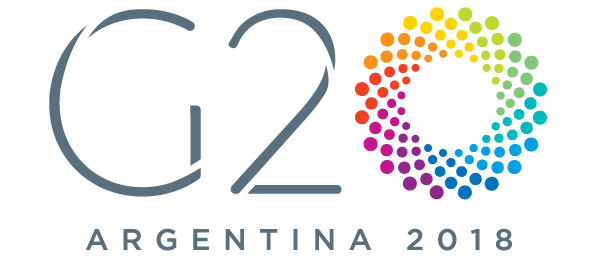
The IIF & debt relief
How the Institute of International Finance lobbies to prevent private debt relief for developing countries
This report exposes how the Institute of International Finance (IIF) has been given a privileged role by the G20 to facilitate debt relief by private creditors to the poorest countries, but has failed to deliver debt payment suspension or cancellation under the G20 Debt Service Suspension Initiative (DSSI).
The IIF’s global and highly globally influential lobbying strategies successfully argued that requesting debt relief from private creditors would prevent further market access to commercial credit by low to middle income countries, including to finance sustainable development and climate change goals.
As this reports contends, the IIF’s strategy leads to even higher indebtedness to private creditors and promotes a profitable sustainability-linked financial industry, which the IIF actively supports in the interest of its members. The report reveals that the IIF continues to resist that its members and other private creditors are being compelled to provide debt relief to the world’s poorest countries. This does not bode well for further debt relief initiatives during these times of increasing debt repayment stress due to the Covid-19 pandemic and accelerating climate change.
By contrast to the G20’s official endorsement of IIF market based standards, this report recommends that the G20 introduce regulatory measures to compel private creditors to participate in official debt relief initiatives, including the G20 Common Framework for Debt Treatments beyond the DSSI.
The G20 should also decide to reverse and prevent further excessive debt on the part of low to middle income countries through changed debt contract clauses, new sustainable finance criteria for private creditors, and truly international discussions on new global debt management governance arrangements, among other measures.
The report proposes that the G20 should be fully transparent about, and halt, its behind-closed-doors cooperation with the IIF and end the IIF’s privileged access, while the IIF should publish its debt data, statistics, and reports about private debt holdings.
Do you need more information?
-

Myriam Vander Stichele
Senior Researcher
Publication
Related content
-
 Powerful financial industry lobby group frustrates structural debt relief for poorest countriesPosted in category:News
Powerful financial industry lobby group frustrates structural debt relief for poorest countriesPosted in category:News Myriam Vander StichelePublished on:
Myriam Vander StichelePublished on: -
 Will the G20 let private finance escape debt relief once again?Posted in category:Long read
Will the G20 let private finance escape debt relief once again?Posted in category:Long read Myriam Vander StichelePublished on:
Myriam Vander StichelePublished on: -
Why the IIF is unlikely to help poor countries with debt reliefPosted in category:Opinion
 Myriam Vander StichelePublished on:
Myriam Vander StichelePublished on: Myriam Vander Stichele
Myriam Vander Stichele -
 G20 Finance Ministers and Central Bankers take little action against emerging risks in the financial systemPosted in category:NewsPublished on:
G20 Finance Ministers and Central Bankers take little action against emerging risks in the financial systemPosted in category:NewsPublished on: -
 Myriam Vander StichelePosted in category:Publication
Myriam Vander StichelePosted in category:Publication Myriam Vander Stichele
Myriam Vander Stichele
-
 Debt crisis alert. End of Quantitative Easing poses grave risks for emerging economiesPosted in category:News
Debt crisis alert. End of Quantitative Easing poses grave risks for emerging economiesPosted in category:News Rodrigo FernandezPublished on:
Rodrigo FernandezPublished on:

